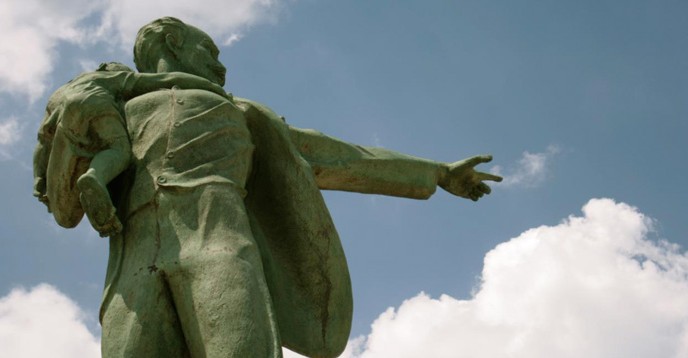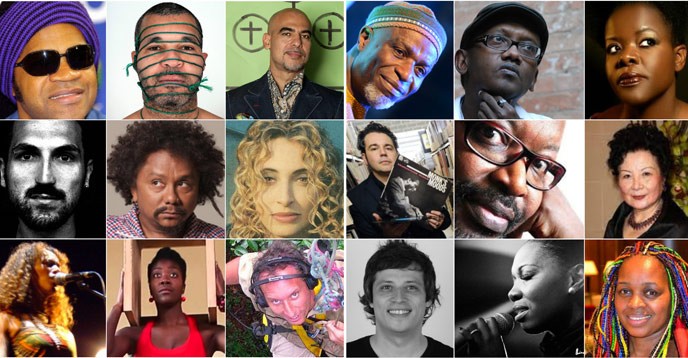Intercultural Dialogue
The world is more and more interconnected but it does not mean that individuals and societies really live together – as reveal the exclusions suffered by millions of poor, women, youth, migrants and disenfranchised minorities. Today there is more information, technology and knowledge available than ever before, but adequate wisdom is still needed to prevent conflicts, to eradicate poverty or to make it possible for all to learn in order to live in harmony in a safe world.
In this new, turbulent international globalised landscape, a central message must be heralded: peace is more than the absence of war, it is living together with our differences – of sex, race, language, religion or culture – while furthering universal respect for justice and human rights on which such coexistence depends. Therefore, peace should never be taken for granted. It is an on-going process, a long-term goal which requires constant engineering, vigilance and active participation by all individuals. It is a choice to be made on each situation, an everyday life decision to engage in sincere dialogue with other individual and communities, whether they live a block or a click away.
It has become more crucial than ever to promote and disseminate values, attitudes and behaviours conducive to dialogue, non-violence and the rapprochement of cultures in line with the principles of the UNESCO Universal Declaration on Cultural Diversity, which states that:
“In our increasingly diverse societies, it is essential to ensure harmonious interaction among people and groups with plural, varied and dynamic cultural identities as well as their willingness to live together. Policies for the inclusion and participation of all citizens are guarantees of social cohesion, the vitality of civil society and peace. Thus defined, cultural pluralism gives policy expression to the reality of cultural diversity. Indissociable from a democratic framework, cultural pluralism is conducive to cultural exchange and to the flourishing of creative capacities that sustain public life” (Article 2, “From cultural diversity to cultural pluralism”).
Today, peace requires ever more active investments, enlightened leadership, powerful educational values, extensive research in social innovation and a progressive media world. Every one and each of these constitutes a requirement relevant to the mission of UNESCO. The Organization’s longstanding commitments to the development of education and sciences, the enrichment of cultural creativity, heritage and cultural futures, including a vibrant and peace-oriented global media structure, can in fact be seen as UNESCO’s contribution to world peace as active, flourishing and sustainable.







